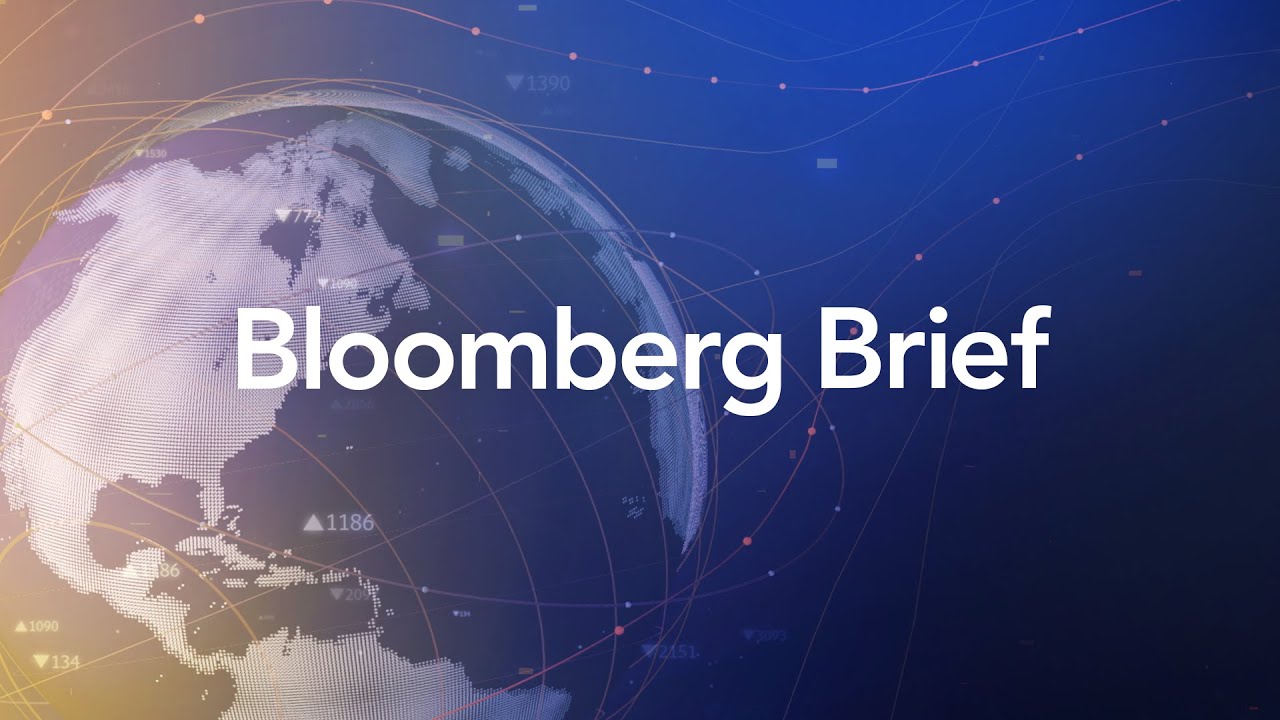Nvidia has received U.S. approval to resume sales of its advanced AI chips to China, marking a strategic win amid export restrictions and boosting its market position, while the EU prepares retaliatory tariffs against U.S. goods in response to escalating trade tensions. Concurrently, the U.S. banking sector’s earnings season begins amid mixed analyst outlooks, with broader economic concerns including geopolitical risks, China’s export-driven growth, and expanding private market investments shaping the global financial landscape.
The Bloomberg Brief opens with a major development in the semiconductor industry as Nvidia gains U.S. approval to resume sales of its AI chips, specifically the H20 model, to China. This move is seen as a significant win for Nvidia’s CEO, who has been critical of export restrictions. The approval is expected to boost Nvidia’s shares and has broader implications for the AI market, as Chinese companies like Alibaba and various startups rely heavily on Nvidia’s GPUs for their compute-intensive AI models. Despite concerns about China’s advancing technology and potential reliance on domestic alternatives like Huawei, Nvidia’s advanced software and hardware ecosystem create a strong lock-in effect, making this resumption a substantial strategic victory.
Meanwhile, the European Union is preparing countermeasures in response to U.S. tariffs, targeting $84 million worth of American goods including Boeing jets, Kentucky bourbon, and automobiles. This escalation follows President Trump’s announcement of a 30% tariff on EU imports, signaling ongoing trade tensions between the U.S. and Europe. The EU emphasizes its readiness to defend its interests with determination, utilizing new tools such as anti-coercion measures that could extend to taxing U.S. tech companies and restricting access to public tenders. French Minister for European Affairs Benjamin highlighted the EU’s commitment to a strong, unified response while still seeking a mutually beneficial trade relationship with the U.S.
The U.S. banking sector is also in focus as JPMorgan, Wells Fargo, and Citigroup kick off the earnings season. Analysts and investors are closely watching trading desk revenues, loan-loss provisions, and how banks are preparing for potential economic downturns. While bank shares are near record highs, there is a split among analysts regarding the sustainability of this rally amid uncertainties like trade tensions and regional banking challenges. Market participants are particularly interested in JPMorgan CEO Jamie Dimon’s views on trade risks and whether the banks can maintain strong earnings in a volatile environment.
Goldman Sachs’ Peter Oppenheimer provides an earnings preview, noting that while U.S. fundamentals remain solid with easing inflation and interest rates, the valuation premium on U.S. equities is hard to justify compared to improving non-U.S. markets. He advocates for greater geographical diversification, highlighting opportunities in European banks, defense, infrastructure, and emerging markets. Oppenheimer also points out the importance of earnings details, especially corporate margins, as companies navigate cost pressures and tariff impacts. Consumer resilience remains a key theme, with some companies maintaining strong margins while others face challenges, reflecting uneven economic conditions.
Finally, the report touches on broader economic and geopolitical issues, including President Trump’s threats of secondary tariffs on Russian mineral buyers if a ceasefire with Ukraine is not reached, and China’s stronger-than-expected economic growth driven by exports despite weak domestic demand. Additionally, private market investment is expanding, with firms like Blue Owl Capital partnering with Voya to develop private market products for retail investors, reflecting a trend toward democratizing alternative asset access. The segment concludes with anticipation of upcoming CPI data and further earnings reports, setting the stage for a dynamic trading day amid ongoing global trade and economic developments.
